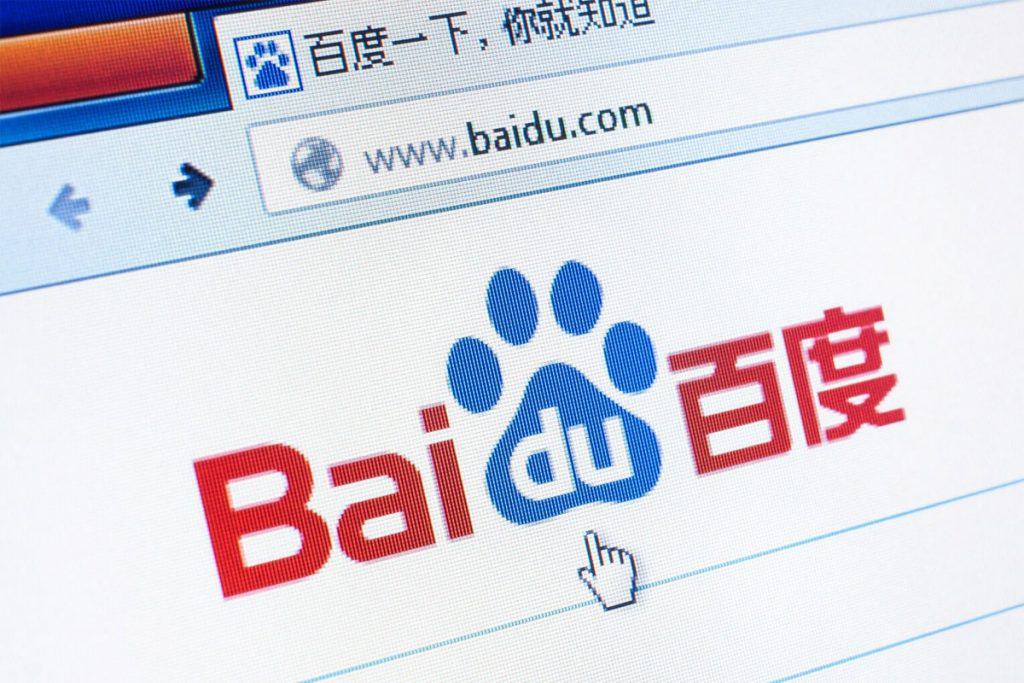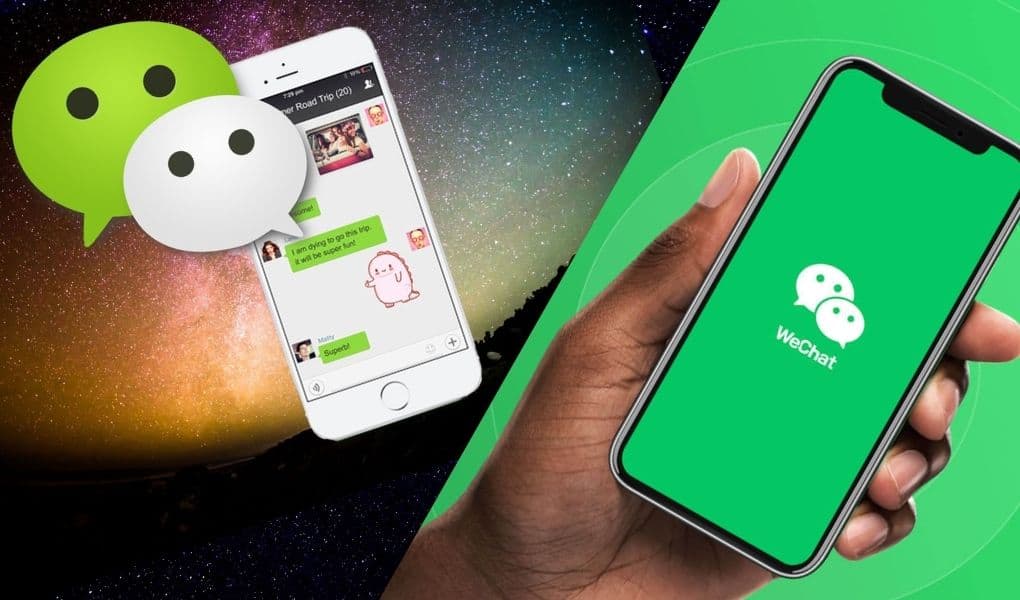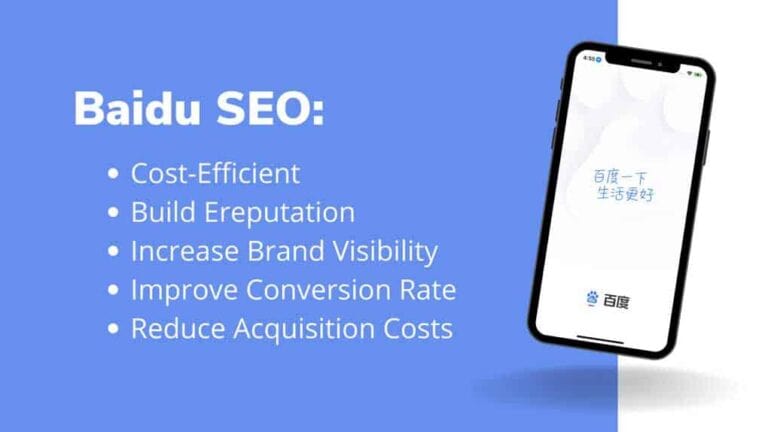Leisure Is a Huge e-Market in China
The average daily online leisure time for Chinese people has reached 4.9 hours in the past year, with an average annual leisure consumption of 5,647 yuan (about $863), according to a report recently released.

Published on December 9th, “Leisure Green Paper: China’s Leisure Development Report from 2019 to 2020” is a collaboration between the Chinese Academy of Social Sciences’ National Academy of Economic Strategy, the Chinese Academy of Social Sciences’ Tourism Research Center, and the Social Science Literature Publishing House.
In the wake of the proliferation of digital media and the expansion of leisure options, the Green Paper argues that on-the-go entertainment that is not bound by location or time is becoming increasingly important to the leisure lives of the Chinese population.
According to the “China National Leisure Survey (2020),” a study by the Tourism Research Center of the Chinese Academy of Social Sciences and Tencent and other organizations found that Chinese internet users spent an average of 4.9 hours per day online for leisure in the previous year.
Additionally, the study results showed that 27.3% of respondents spent 1-3 hours per day on online leisure activities, 25.6% spent 3-5 hours per day, and 16.2% spent 5-8 hours per day on cyber entertainment.
According to the report, the typical Chinese person spent 5,647 yuan on entertainment in the previous calendar year. A quarter of all respondents spent between 1,001 and 3,000 yuan on their own leisure activities each year; 44.4% spent 1,000 yuan or less; and 11.8% spent more than 10,000 yuan.
According to the findings of the “China National Leisure Survey (2020),” there are still barriers to the development of national leisure in China. Major changes have occurred since the 2013 National Leisure Survey was done by the Tourism Research Center of the Chinese Academy of Social Sciences.
Personal beliefs, financial restrictions, and time constraints were found to be the most significant barriers to engaging in leisure activities across the country in 2013.
Time (such as too little holiday time, inability to schedule holidays flexibly, etc.) and space were identified to be the two most influential elements on national leisure activities in this year’s poll (such as overcrowding, poor conditions, poor service, insecurity, etc.).
Leisure Market in China: A Great Opportunity to Grap

To live the “good life” in China now means more than just being able to buy the latest gadgets and take part in expensive hobbies because to the rising standard of living there. It seems sense that businesses in this industry jump at the chance to enter the market, but successfully reaching out to consumers is what ultimately determines success.
Must have a quality online presence
It is commonly known that Chinese consumers are hyper-connected. They spend more than 40 hours per week on the Internet. If a brand wants to have a chance to break through the Chinese leisure market, it must be visible on the Internet. In fact, it’s the place where Chinese seek information.
Optimize for Chinese search

If you’ve just launched a website in Chinese, your next step should be to get the word out. As the most used search engine in China and the fifth most visited website worldwide, Baidu is an absolute must in China if you want to sell property there. 75% of people using Baidu to learn more about a property or investment. First, you’ll want to make sure your website is optimized so that it appears high in Baidu’s search results.
Baidu is a lot like a wide open window on the web, so you may use it to showcase and promote your business as well. If your website does not make it onto the first page of search results, you may lose as much as 65 percent of your potential traffic.
Use Weibo and Wechat

There are currently two major social media platforms in China: Weibo and WeChat. The best way to win over Chinese netizens on social media is to engage them in conversation.
Among Chinese internet users, Weibo, a micro-blogging platform, has the highest penetration rate. Weibo, which debuted in 2010, is the equivalent of Twitter here in mainland China. It’s a one-of-a-kind forum for free speech in China. Despite Twitter’s popularity, a message on Weibo can be up to 10,000 characters long, and users can also upload media such as videos and photos. Users, A-listers, and corporations alike all have high praise for this social media platform. By keeping their fans updated on their daily activities, they foster a community of trust and reciprocal engagement. Consumers can also find useful information on a brand’s Weibo page.
Using WeChat, businesses can have what amounts to one-on-one conversations with their fans.
With over 850 million active users per month, WeChat is truly the undisputed king of marketing platforms in China. The “Facebook of China” can be viewed from a variety of perspectives. A company’s “moment” is like a news feed, thus the first step is to create an official account to promote content and encourage user-to-user sharing.
Need help? Contact GMA!

WE ARE A SPECIALIST DIGITAL MARKETING AGENCY BASED IN SHANGHAI. FOR MORE INFORMATION DROP US AN EMAIL, ONE OF OUR SPECIALISTS WILL BE IN TOUCH TO DISCUSS YOUR PROJECT






